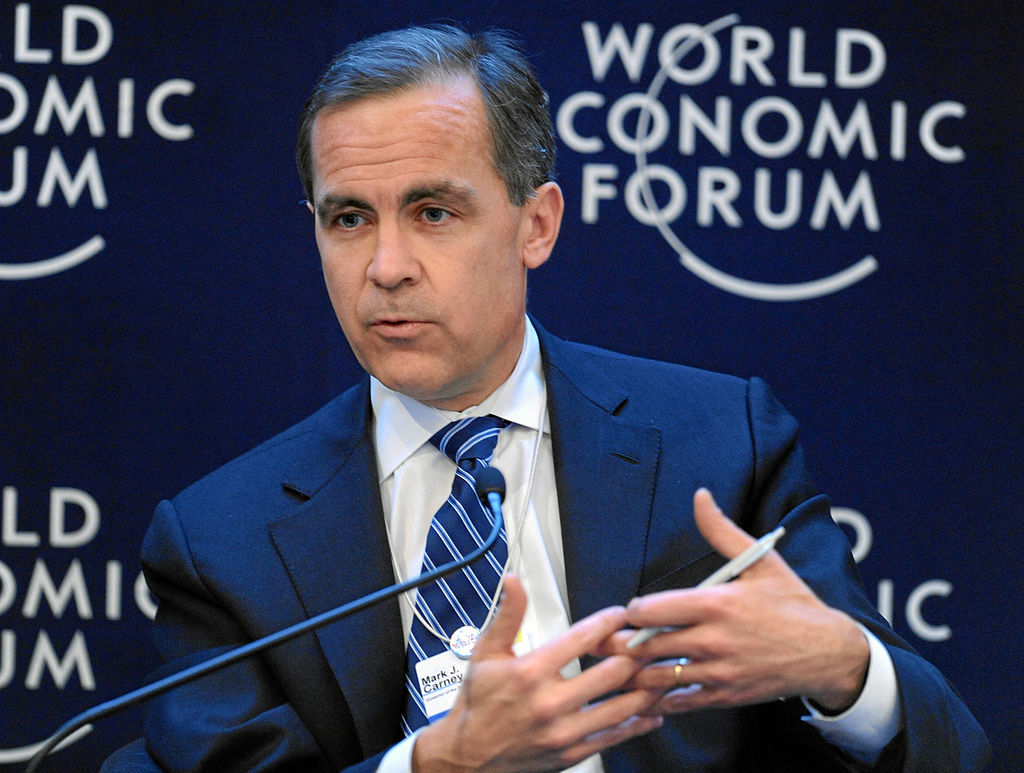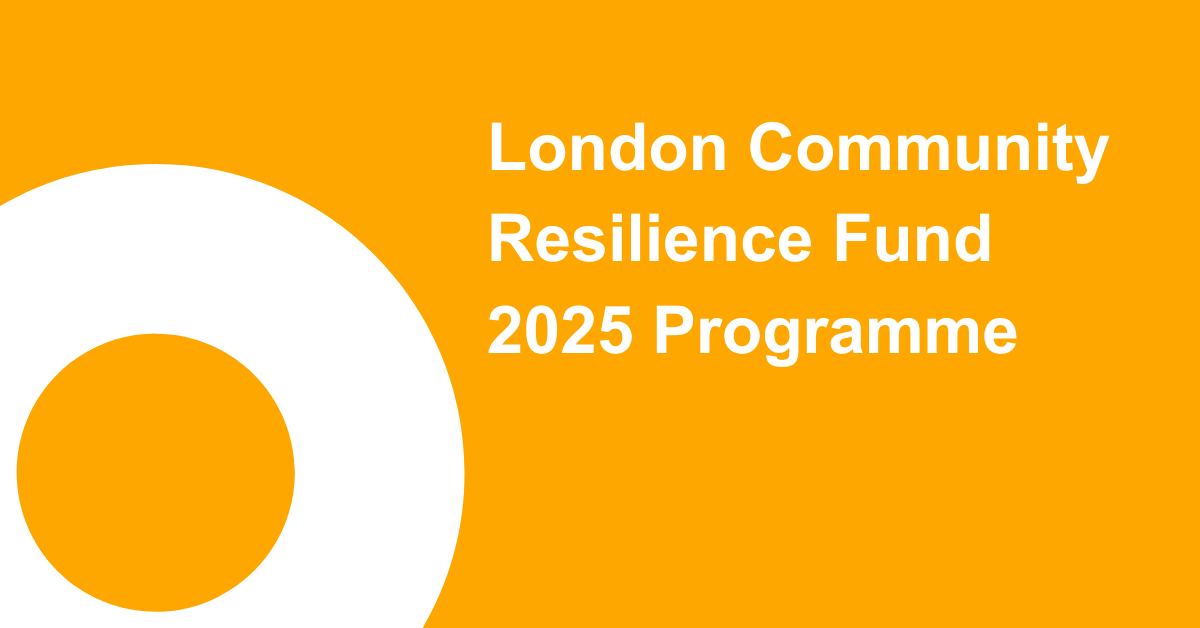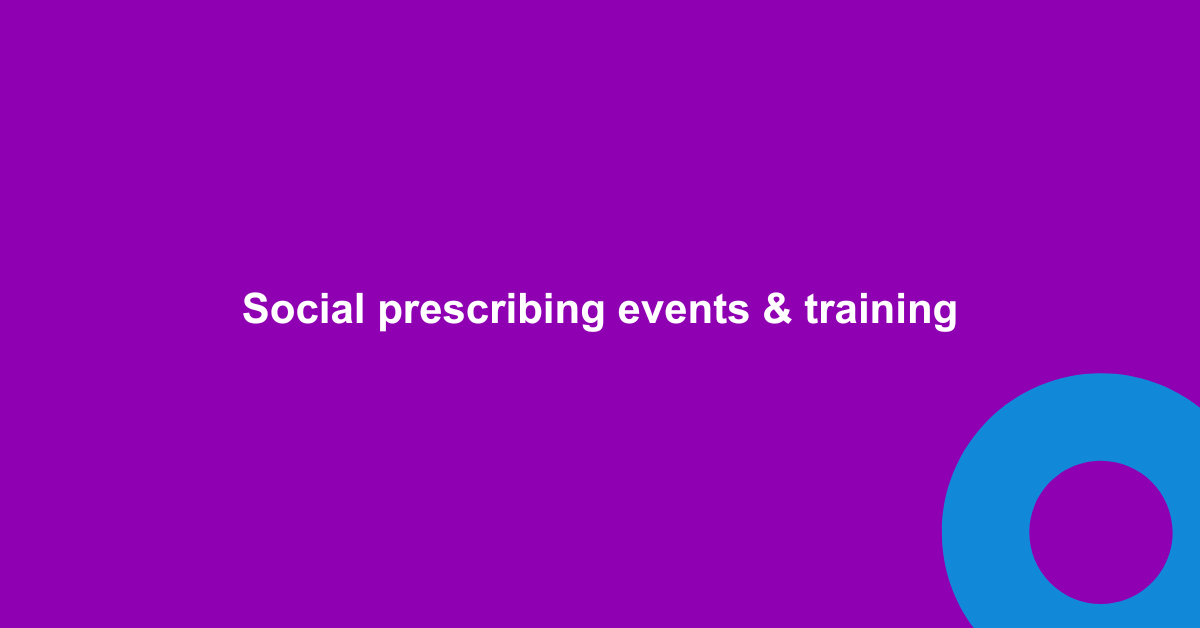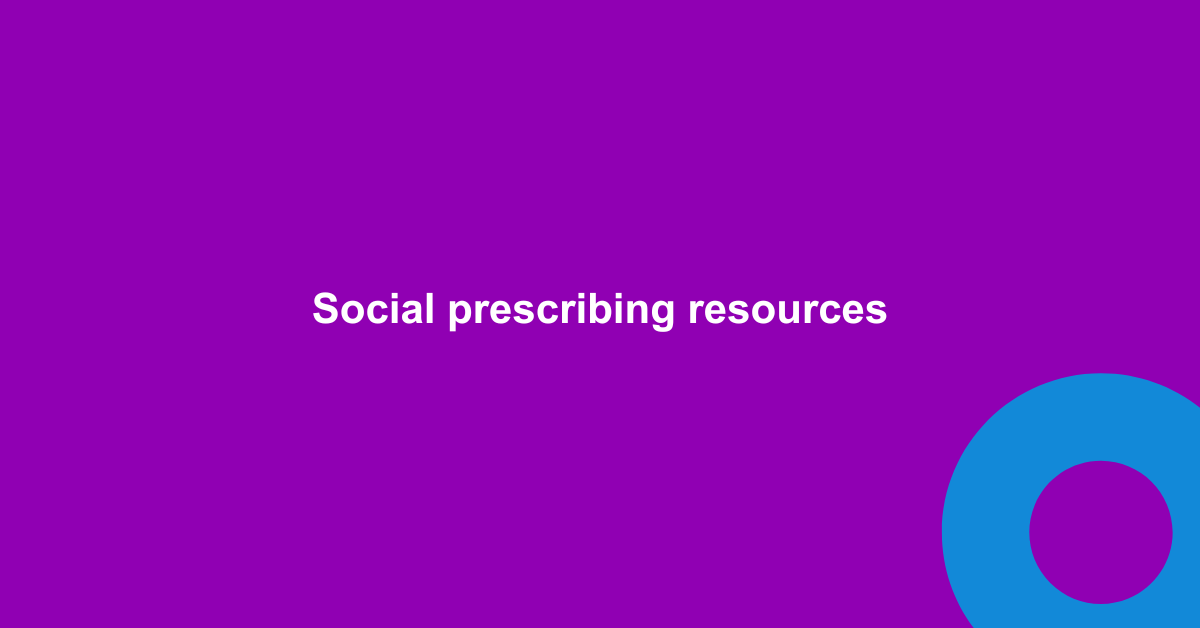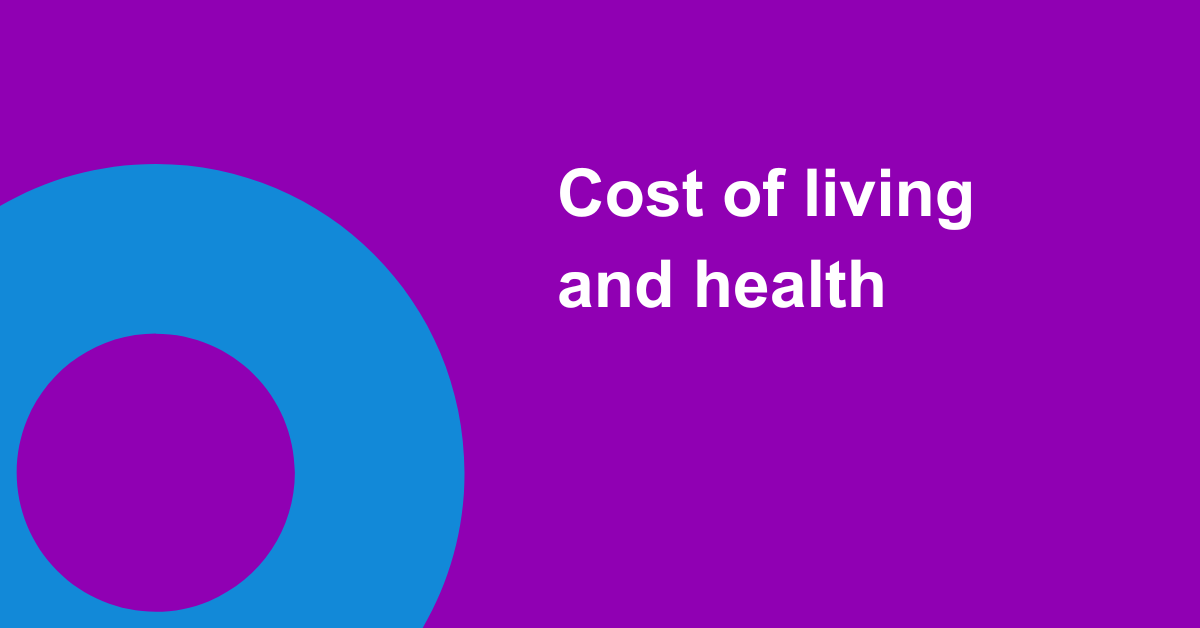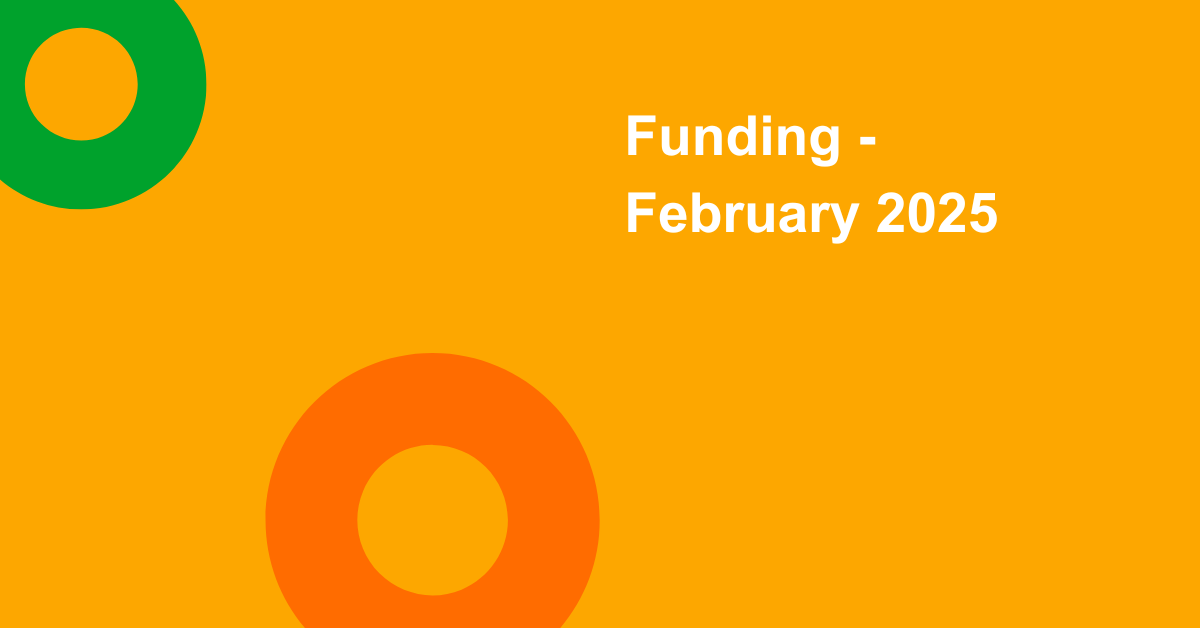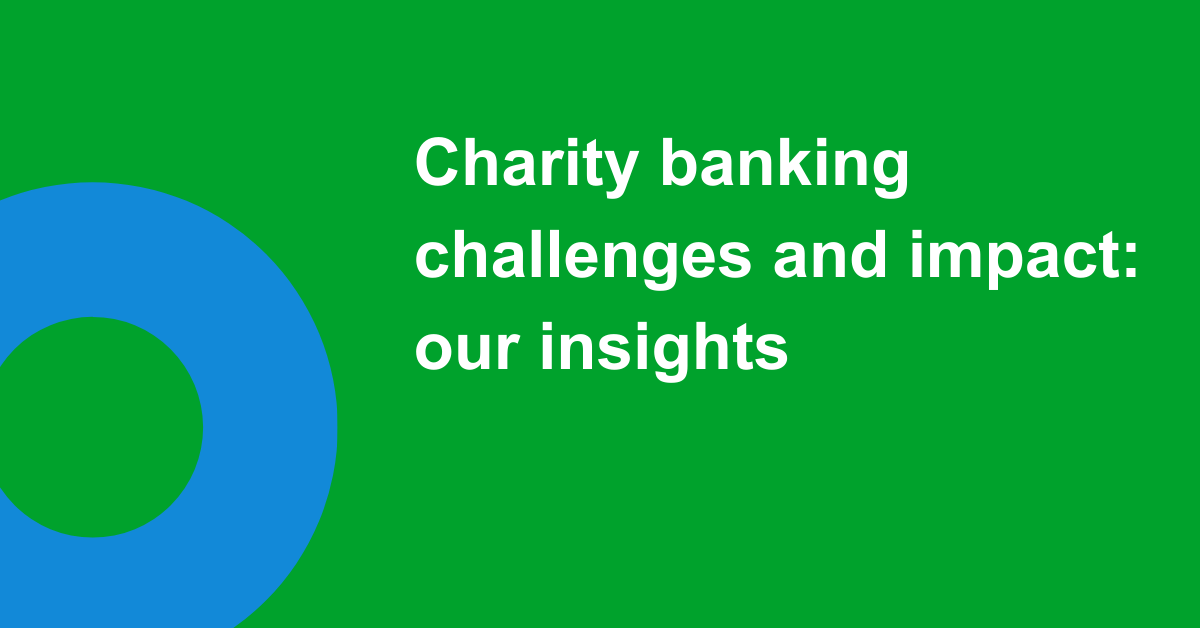This year’s BBC Reith lectures are being given by Mark Carney, former Governor of the Bank of England. Carney’s theme is “how we get what we value”, charting the rise of financial value at the expense of human values. He argues that this shift led to bad outcomes for economies and for society and describes in detail three examples in support of his thesis – the credit crisis and recession of the late 2000s, the current coronavirus pandemic and the climate emergency.
According to Carney, each example illustrates the global economy’s failure to value the right things and build resilient and robust world economy based on human values.
Carney discussed the coronavirus pandemic in the third lecture this week and said the “cost of pandemic preparedness was less than two days of lost output from the lockdown.” According to Carney, by not preparing properly for pandemics, “Governments undervalued resilience in the years leading up to the crisis, failing in their duty to protect their citizens.”
In the UK, as in many countries, when the pandemic hit and a lockdown was introduced, the human cost could have been even greater without the strong community response. Hunger might have grown as people lost jobs and incomes, but they were fed thanks to the generous fellow citizens and the actions taken by a host of charities, community groups and local government (topped up by central government funding).
People could not get medicines, sometimes because traditional, market-based ways of getting a prescription collapsed in the lockdown; volunteers delivered the medicines instead. Many people stuck at home became lonely and isolated, and befriending schemes proliferated in response.
The strong community response

There was no overall failure of communities. Indeed, the opposite was the case as people, in Carney’s words, “rose to the occasion, displaying their values of solidarity, fairness and responsibility.”
The flexibility of strong communities, individuals and organisations meant human values drove actions. Social value and purpose were the only guides for those actions. No financial measures or metrics stymied them. There is no financial value in befriending a neighbour or delivering medicine to someone who is shielding.
Strong communities delivered these services spontaneously. But local government and businesses played their part too, invariably working in partnership with the community sector.
Can it happen again?
Prior to the pandemic, many in the UK felt that insufficient weight was being given to community “resilience” or strength. Community groups have seen budget cuts over many years. “Social infrastructure” has received little investment since austerity began in the wake of the financial crisis and ensuing recession.
Crucial bits of such infrastructure, such as youth centres and libraries, have closed in parts of the country. Meanwhile, volunteering appeared sluggish and charitable giving, including amongst the wealthiest, was stubbornly resistant to attempts to grow it.
Assessing strong communities is not the focus of Carney’s Reith lectures. But a core point of his thesis – that governments “undervalued resilience” – applies equally to communities. Given the strength of community response this year, that might not appear to be a concern. This could be complacent.
The adequacy of communities’ responses to shocks is important for anyone wanting to assess social resilience. In his second Reith lecture, Carney discusses the steps taken to make the financial system stronger, including that banks now have to hold ten times as much capital to ensure they can better withstand shocks. He talks about creating an anti-fragile financial system. There is nothing like the same focus on creating anti-fragile communities.
The genius of community action

The public’s response during the pandemic avoided hunger, isolation and community collapse to add to the crises described by Carney. This is thanks to the genius of community and voluntary action.
That genius is the ability of strong communities to respond. There is a well of community goodwill and spirit to draw on. And there are flexible groups, structures and networks to act, many cropping up spontaneously in response to need. Strong communities were the first responders to need, leading the responses of local authorities.
The tragedy of community and voluntary action is that this very genius can lead to complacency. One might assume that the future is secure as people will rise up again when needed.
But the human values that triggered strong community action are not infinite. Values need nurturing. Carney himself notes that “virtue is not a finite resource to be conserved but a value that grows with use.”
Maintaining strong communities

There is no logical reason to presume that future lockdowns or other societal shocks will lead to the same surge in goodwill and strong communities
Seeing others in difficulty will no doubt lead to action; this response is an abiding part of the human condition. As an economist might say, there is a correlation between greater need and compassion, concern and action. The question is the scale and adequacy of that response. Will the system always balance?
As well as the question of quantum, coordination is needed to channel these human impulses. That takes organising which often costs money. Volunteers need directing, they must be connected to needs, and, in some cases, they have to be trained. Vans to deliver food need fuel. Food parcels need packing. Data needs collecting and websites must be maintained.
Mutual aid looks free, but support can help sustain and target services to where they are most needed. An anti-fragile social system needs infrastructure with knowledge, capacity and connections to channel and direct the impulses of human values.
During the first lockdown at least one local volunteering body in London had to start redundancy proceedings for some roles at the same time as staff were registering hundreds of volunteers to coordinate and carry out emergency food deliveries. Thanks to the determination of staff, the work continued.
Financial strains threaten another volunteering body in London. This organisation helped lead efforts to create a powerful and effective structure to ensure food was available to thousands of households in need. That included mobilising from scratch a fleet of vans and drivers to support the response. Years of under-investment have undermined the capacity of this organisation. It succeeded in 2020 despite this under-investment.
Carney’s cautionary message

We can recognise and celebrate that the voluntary and community sector helped channel the instincts arising from human values; elsewhere, their absence has caused collapse and mayhem in the past.
We can breathe a sigh of relief that the mistake of undervaluing resilience and ignoring risks did not cause even bigger problems across the UK.
However, we cannot assume that this will be true for all time though. The moral and logistical calculation might work out differently next time. To avoid this, we need to recognise the genius of what spontaneously happened in 2020 and invest for the future.
To ensure communities can withstand shocks, we need a similar anti-fragile social infrastructure to that developed in finance.
Carney’s Reith lectures contain a powerful message for the voluntary and community sector and for policymakers. This message is one of both congratulations and of caution.

